Blue light is part of the visible light spectrum, meaning you can see it. It has a short wavelength, which means it has lots of energy and can create oxidative stress.
IN THIS HIGH-TECH WORLD WE NOW LIVE IN, THE SUBJECT OF BLUE LIGHT IS TALKED ABOUT MORE AND MORE. BUT DID YOU KNOW THAT OUR DEVICES ARE NOT THE ONLY SOURCE OF BLUE LIGHT? WE ALSO GET IT FROM THE SUN. IN FACT, UP TO 30% of the rays from the sun are actually blue light.
So team this with sitting at your laptop or scrolling your phone for hours, and we would get a pretty continuous dose of blue light all day long.
The Effects Of Blue Light
Although it is visible to the human eye, it can have negative effects on our overall health and well-being.
The effects of accumulative blue light on the skin can cause:
- free radicals
- inflammation
- skin cell damage
- damage to the important lipid bilayer that gives our skin its strong barrier
- increased redness
- pigmentation
- dryness
- loss of elasticity and collagen
- increase in inflammatory conditions
- premature ageing
What Can We Do To Prevent This?
So what do we need to do to protect our precious skin cells from this damaging light?
First and foremost, a sunscreen, but opt for one with a blue light filter too. This is sometimes referred to as an HEV filter, and many of the innovative sun care brands will include this now.
We need antioxidants and lots of them. So, look at including them in your diet as well as skincare so we are feeding them in from all angles.
And be conscious of the time spent in front of your screens. If it’s unnecessary, put them down, slap on the sunscreen, and go for a walk.
We have also had a recent new product launch at re skin in Sheffield. This is a brand new supplement from the Advanced nutrition program and has been designed to not only protect from the effects of blue light but also repair the damage caused.
Contains antioxidants and anti-inflammatories, helps to inhibit pigmentation and also reduces the breakdown of collagen.
The research results showed that this new supplement gave a 60% increase in protection from this light. As well as a; 19% decrease in redness, a 17% improvement in hydration and a 15% increase in skin smoothness. This was just by taking 1 of these tablets per day for 8 weeks.
Conclusion
If you are concerned with any of the skin conditions mentioned or spend a lot of time outside or in front of a device, this is definitely a must to introduce to your skin regime.
Get in touch with us today if you have any more questions on skin care, or take a look at our products and start your journey to perfect skin.

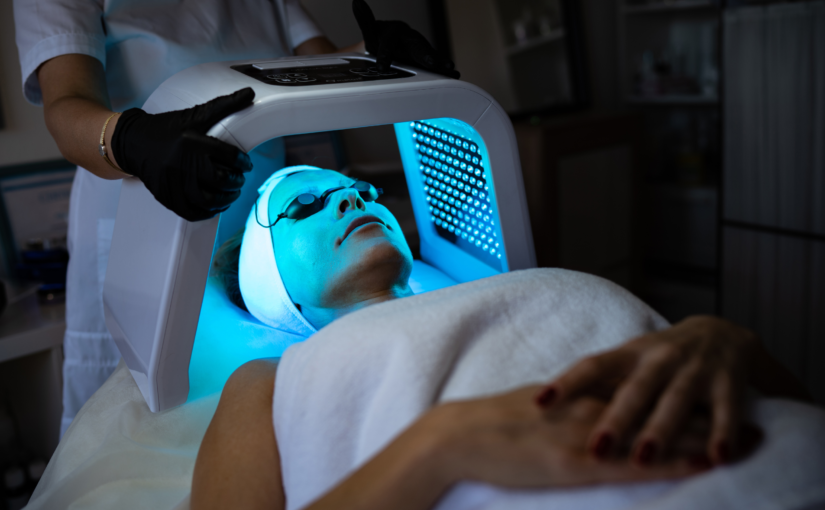
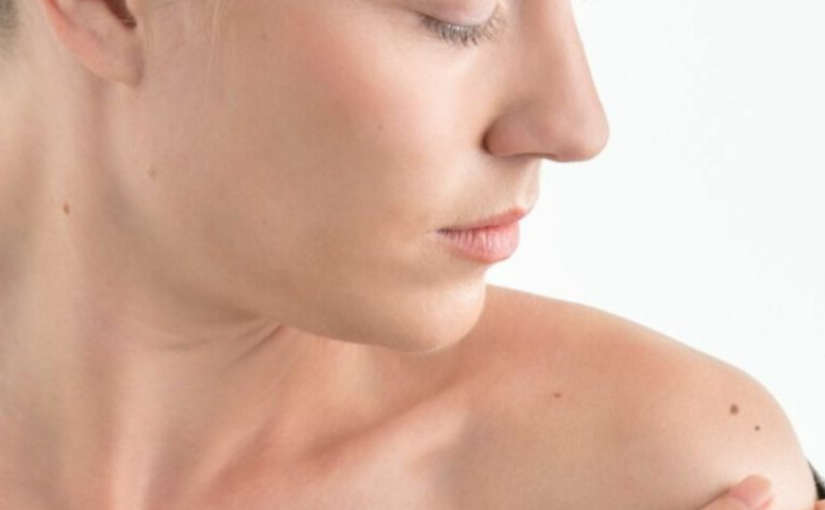
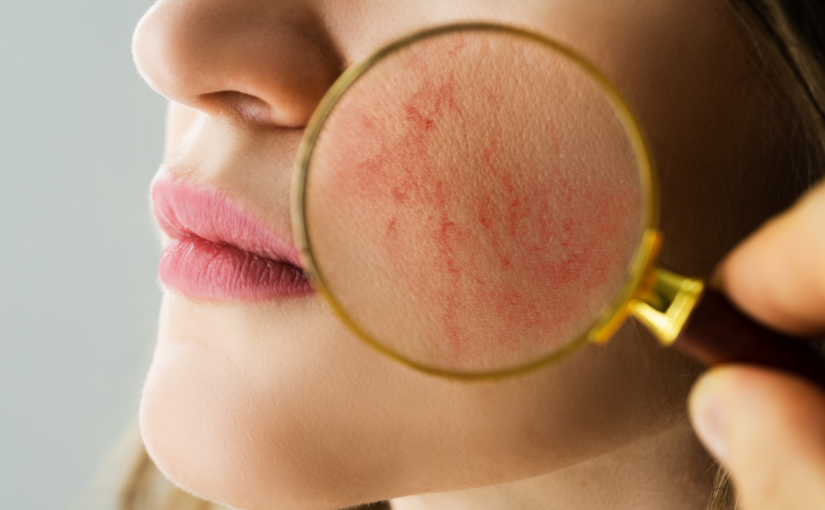
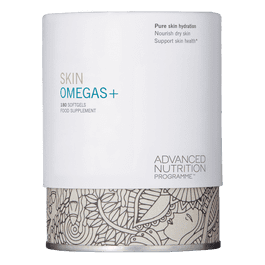 Skin Omegas
Skin Omegas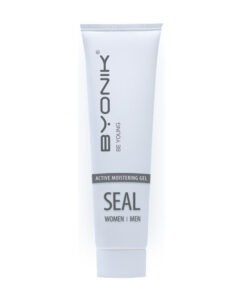 Byonik Supreme Seal
Byonik Supreme Seal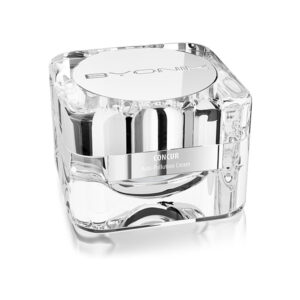 Byonik Concur Cream
Byonik Concur Cream